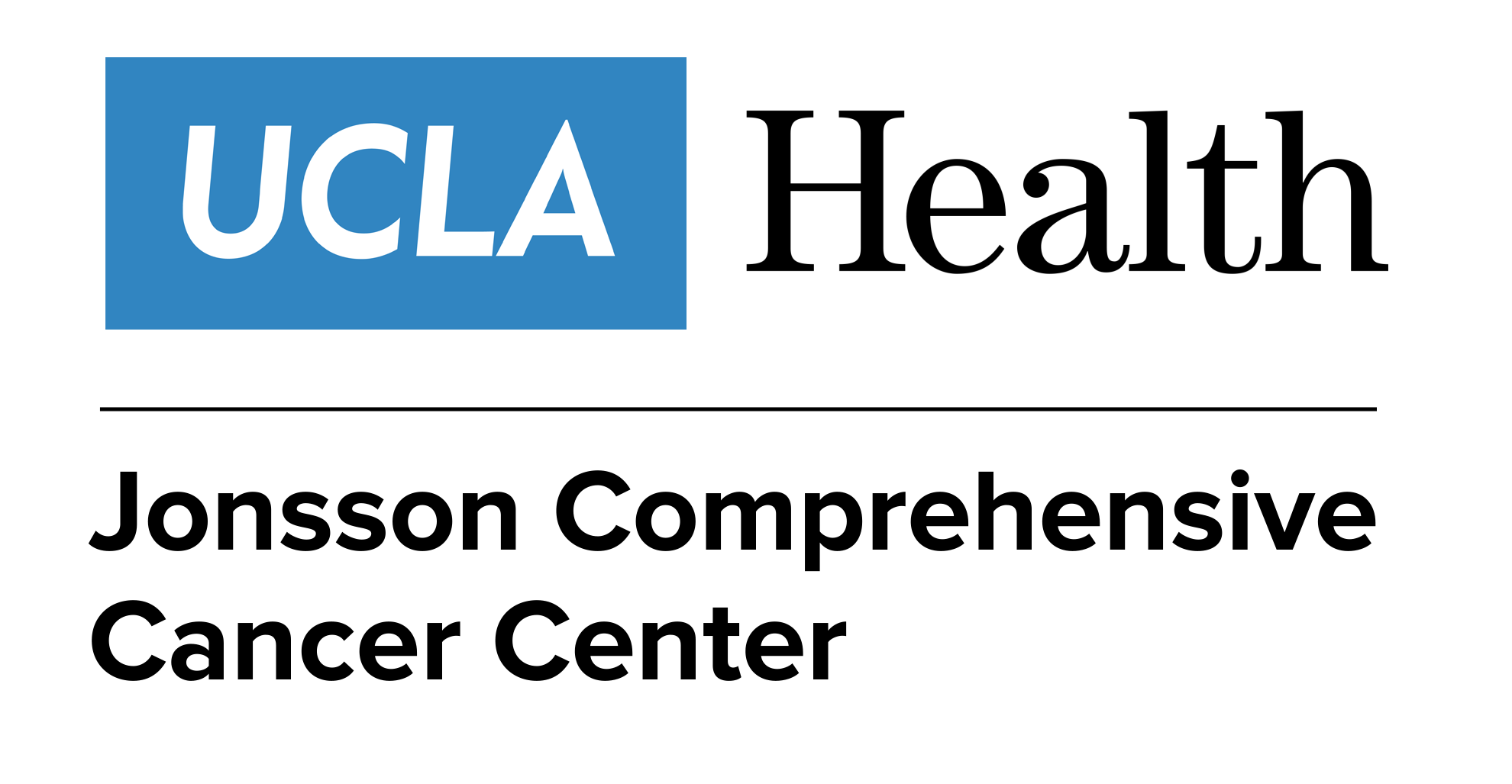- Advertise
- About OncLive
- Editorial Board
- MJH Life Sciences brands
- Contact Us
- Privacy
- Terms & Conditions
- Do Not Sell My Information
2 Clarke Drive
Suite 100
Cranbury, NJ 08512
© 2025 MJH Life Sciences™ and OncLive - Clinical Oncology News, Cancer Expert Insights. All rights reserved.
Dr. McCann on Prognosis for Patients With HER2-Positive Breast Cancer
Kelly McCann, MD, PhD, a medical oncologist in the Breast Cancer Research Group at the University of California, Los Angeles, discusses the current prognosis for patients with HER2-positive breast cancer.
Kelly McCann, MD, PhD, a medical oncologist in the Breast Cancer Research Group at the University of California, Los Angeles, discusses the current prognosis for patients with HER2-positive breast cancer.
HER2-positive breast cancer used to have the worst prognosis, and now it has one of the best prognoses in terms of breast cancers. That’s largely because physicians have learned how to deal with HER2-positive cancers.
The field is currently divided into 3 major types of breast cancers, which are hormone receptor (HR)-positive/HER2-negative, HER2-positive, and triple-negative breast cancer. A large part of physician’s success in treating HER2-positive breast cancers is in developing targeted therapies to the HER2-receptor, says McCann. These include trastuzumab (Herceptin), pertuzumab (Perjeta), neratinib (Nerlynx), and lapatinib (Tykerb).
HR-positive/HER2-positive cancers and HR-negative/HER2-positive cancers have very different biologies. This has been recognized in many clinical trials. Physicians are starting to realize that HR-positive/HER2-positive cancers—even though they don’t have a high rate of pathologic complete response—have better overall outcomes than HR-negative/HER2-positive cancers. In the future, they may be treated differently in more ways than just adding in endocrine therapy, says McCann.


